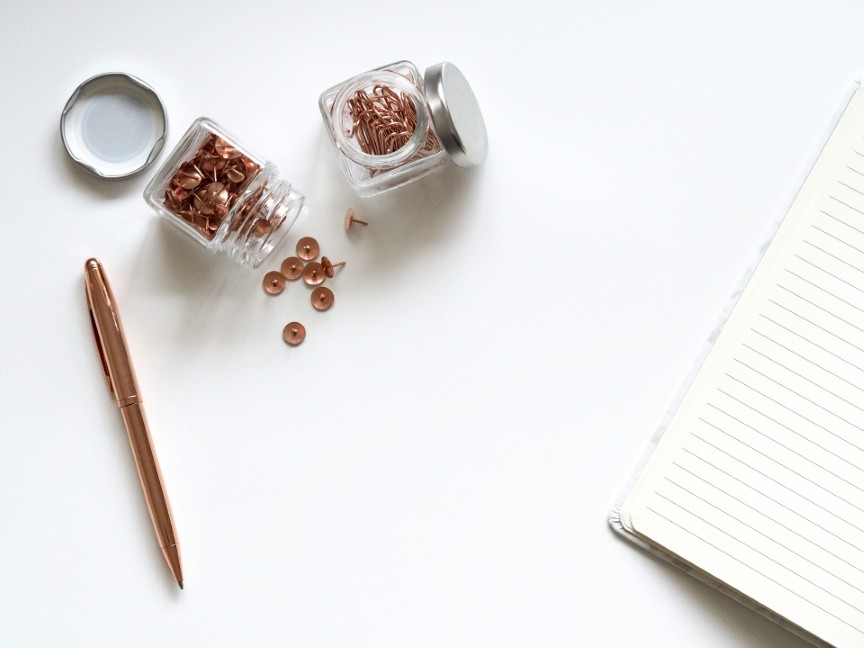Managing Separation Anxiety in Puppies: Tips for a Happier, Healthier Pet
For many puppy owners, one of the most challenging aspects of raising a furry companion is managing their separation anxiety. Puppies, like human babies, are social animals and can become distressed when left alone. This anxiety can manifest in unwanted behaviors such as excessive barking, destructive chewing, and even self-harm. However, with a little patience and the right approach, puppy owners can help their furry friends overcome separation anxiety and foster a happier, healthier bond.
Firstly, it’s important to gradually introduce your puppy to alone time. Start by leaving them alone for short intervals and gradually increase the duration. This helps them build trust and confidence, knowing that you will return. Provide them with engaging toys, chew treats, or interactive puzzle games that will keep them occupied during your absence. By associating your absence with positive experiences, your puppy will gradually feel more comfortable being alone.
Creating a safe and relaxing environment for your puppy is vital in managing separation anxiety. Consider giving them a special area, such as a crate or a designated room, with their bed, toys, and water. This creates a secure space where they can retreat and feel at ease. Additionally, leaving a piece of clothing or a blanket with your scent can provide comfort and reassurance, reminding them of your presence even when you’re not around.
Another effective method is desensitization. This involves gradually exposing your puppy to departure cues, such as picking up your keys or putting on your coat, without actually leaving. By repeating these actions multiple times a day, your puppy will learn to associate these cues with non-threatening situations. Over time, they will become less anxious when they observe these signs of departure, reducing their separation anxiety.
Establishing a consistent routine is key. Dogs, especially puppies, thrive on predictability, and a structured daily routine can help minimize stress and anxiety. Provide regular meal times, exercise sessions, and playtime, ensuring that they are tired and content before leaving them alone. A tired puppy is more likely to relax and engage in restful behaviors rather than becoming anxious or destructive.
When leaving or returning home, it’s important to keep your greetings low-key. While it’s natural to be excited to see your puppy, making a big fuss over departures and arrivals can increase their anxiety levels. Instead, calmly acknowledge them without excessive attention until they have settled down, and then provide affection and praise. This teaches them that your departures and arrivals are no big deal, creating a sense of normalcy.
Remember, managing separation anxiety in puppies takes time and patience. If your puppy’s anxiety persists or worsens, consider consulting a professional dog trainer or animal behaviorist. With proper guidance and consistency, you can help your furry friend overcome separation anxiety, leading to a happier and healthier life for both of you.
************
Want to get more details?
Petland Summerville, South Carolina
https://www.petlandsummerville.com/
843-494-5210
975 Bacons Bridge RD, Summerville SC 29485
Our mission is to make a difference in people’s lives by matching the puppies’ needs with the owner’s lifestyle. We provide a safe, clean, and informative environment to find the perfect match that can’t be found online.















